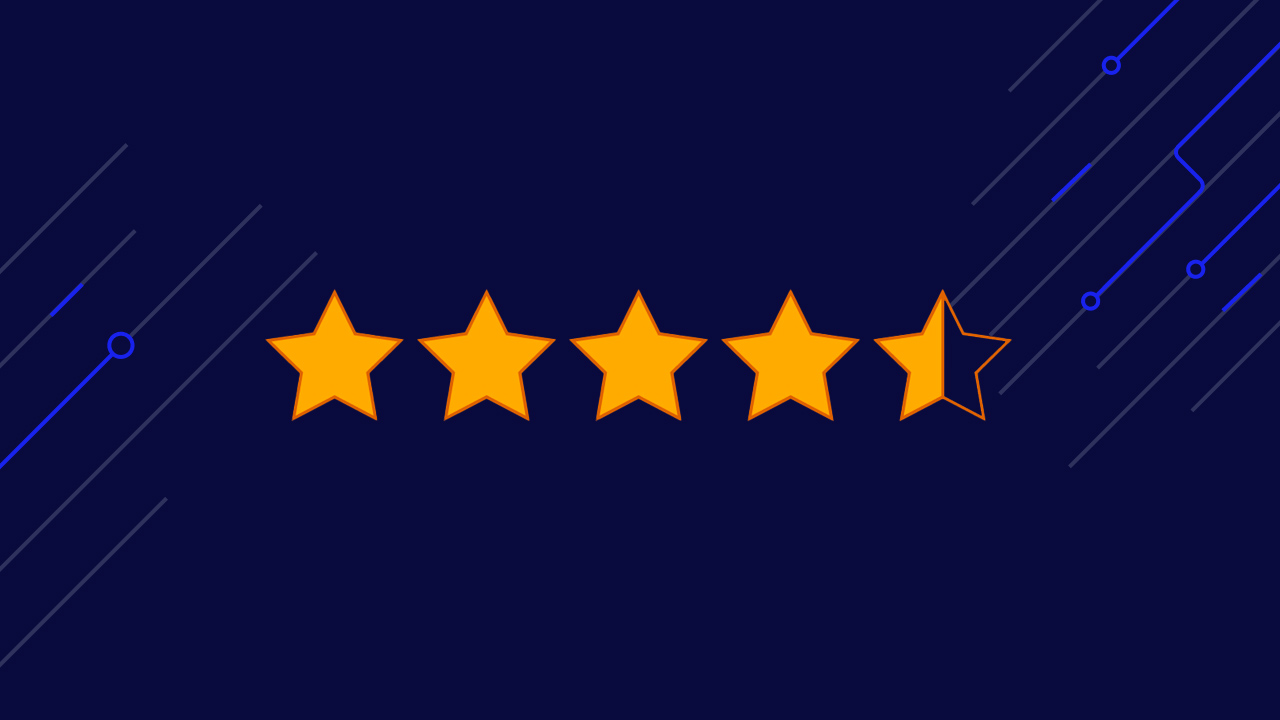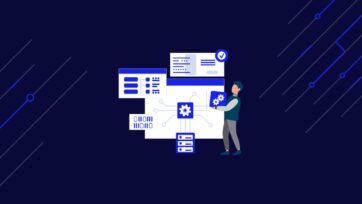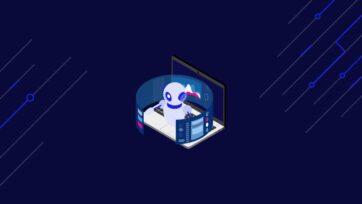In the business world, good reputation management is an essential step on the path to success. Whether that comes from solid advertising, quality products, or savvy customer engagement, the result is the same: potential customers will be more likely to do business with you, and existing customers will be more likely to trust you to deliver a great product time and time again. The end result is a secure, strong customer base and a business that will stand ready no matter what the future throws your way.
Previously we’ve spoken a lot about new and interesting ways that you can use web scrapers to give you an edge in the world of business. Today we’re going to discuss reputation management, why it is important, and how you can use web scraping to give you the tools to solidify your businesses reputation online. And this isn’t just for e-commerce either – as customer reviews are becoming more and more prevalent in every area of business, even small business can take advantage of a little data analysis online to keep up to date with what their customers are saying, and what their customers want.
To begin with let’s assume you’re the owner of a restaurant and you’re struggling to keep a core audience. Now you might be tempted to start reading reviews to get a sense of what is going wrong, but this is often unproductive. Afterall, there are only so many hours in the day and let’s face it, anonymous people online can be pretty cruel. You’re just as likely to fall into a rabbit hole and end up losing an afternoon, maybe even days of time coming to terms with what are essentially a group of individuals. An easier, more neutral-minded approach would be to look at it from a scrapers perspective – review sites are easily scraped and you could represent that data in any number of ways. All it realistically takes on this scale is a browser extension and a little know-how.
The first step would be to set your scraper up to trawl through sites like Yelp, Tripadvisor and others. Because you’re looking to respond to information based on your product, you can narrow the data to include review scores, reviewer location and names, the date of the review and more. Then you can compile all of that into whatever form you like to analyse it further. From here there are plenty of lenses you can use to get to grips with what your customers are thinking. You could look at average review scores over time to see how people responded to any major changes you’ve made to how the business runs, or you could compare positive and negative reviews overall to see how polarising you are. If you’re interested in actionable information specifically, it would be simple enough to collect the reviews entirely and narrow down common words or phrases used – for instance, perhaps ‘choice’ in negative reviews might indicate a menu change?
Additionally to ease customer interaction you could simply set a scraper up to scan review sites and have it alert you to any that fall below a score threshold. Automating this process means you need only read and respond to reviews that might potentially cause you problems, killing two birds with one stone – not only are you saving time reading only relevant reviews, but you’re engaging promptly with customers ensuring a strong reputation for hearing customers voices.
Now let’s think about things from the perspective of a large e-commerce company. The larger the company is the more vital it is that your time and resources are allocated efficiently, so reading and listening to customer feedback can be daunting. If it’s helpful then great, but if it isn’t then you’ve just lost a number of man hours that could be better allocated elsewhere, and it’s here that scraping is a fantastic tool. Similar to the smaller business, simply scraping and compiling user reviews is a great starting point as it gives you a strong insight into what your customers think about the services you provide, and it narrows your field of interest to only the most relevant customer content. Of course, over time larger companies will find that simply analysing user reviews may not be enough, and that they might want information more specific to particular products or brands.
If this is the case, then larger companies might consider scraping forums or the comment sections of sites relevant to their products. Anywhere their customers hang out online and talk about their products and brands information can be salvaged and compiled. Then, you can go through a similar breakdown by keyword and put together a net of common language associated with a particular brand, giving you a very strong indication of what your customers actually think. With this approach and the right take on processing your data, it should be easy to identify problem areas that you need to look into and fix. Then if necessary you can get to work making the relevant changes – so everyone knows you’re a company that knows what its customers want. Like reviews, this kind of scraping could be easily automated so that you have real time feedback at your fingertips whenever you want it.
Ultimately reputation management is a case of giving the people what they want – be that a stronger product, a better price, or someone to listen and respond to their concerns directly and promptly. In all cases web scraping can be an invaluable tool to not only save you time, but to help aim your customer interaction so it hits the right spot every time. The traditional way of looking at business reputation is that it takes a long time to build. While this is still true, utilising data harvesting techniques can smooth that process immensely, helping you quickly build a brand strong enough to last.
Hopefully this has given you some ideas to help your business grow. If you want to discuss projects like this or any other scraping job, please contact us and we’ll get back to you within 24 hours. Happy scraping



